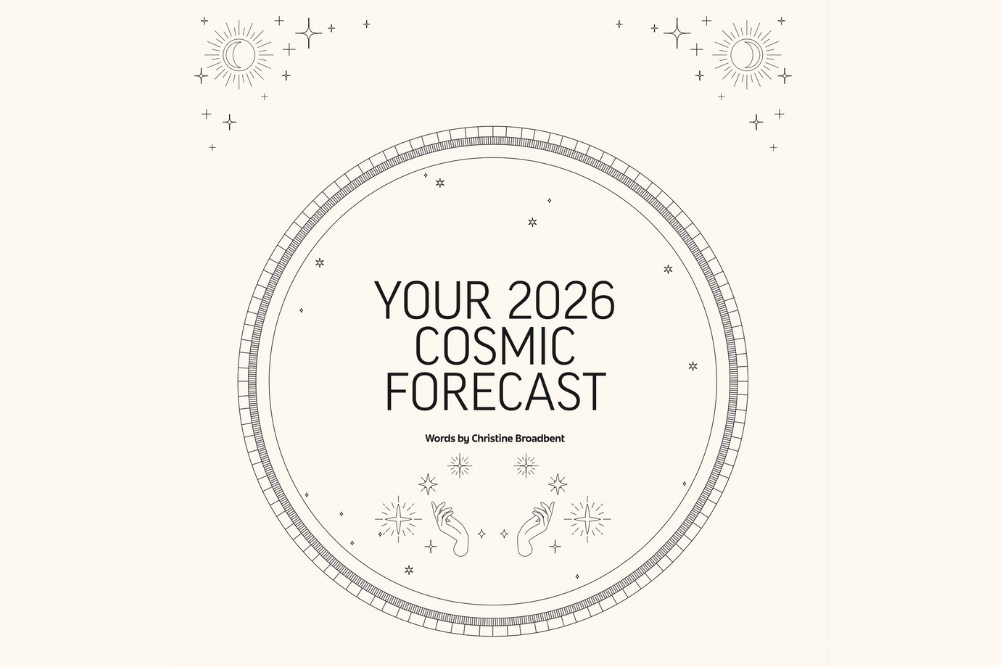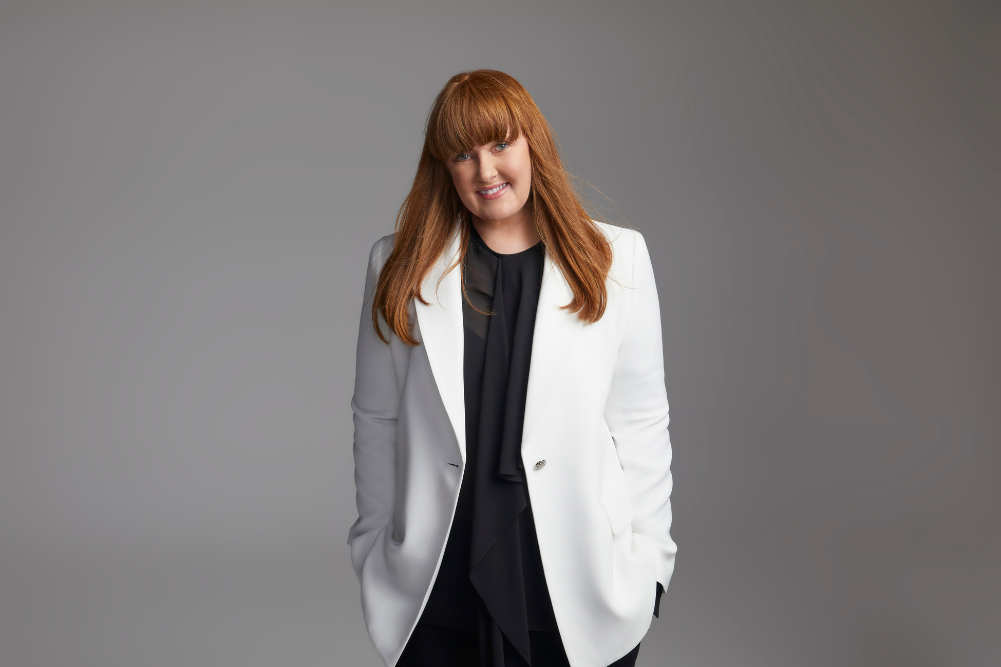Coffee brews depression cure
Caffeine is one of the most widely consumed legal drugs in the world. It is the drug of choice for societies around the world when it comes to stimulating the nervous system and promoting alertness. Chances are that if you are looking for a caffeine hit you will reach for a coffee since estimates are that 80 per cent of caffeine ingested around the globe comes drinks made from this not-so-humble bean. It is not surprising that a drink that can have such a definite effect on your body can elicit some less beneficial side-effects as well as well as having other unexpected benefits. The latest twist in the coffee saga is the finding from a new study that it can reduce depression risk but that finding itself requires an examination.
Previous research has suggested a link between caffeine and depression but connection has seemed to be that it increases the likelihood of depression. This new study found the opposite.
In the new work the researchers gathered data on 50 737 women with an average age of 63 years. None of the women had depression when the study began in 1996 and they were followed until June 2006. Questionnaires had asked them what their caffeine consumption was from 1980 to 2004. The researchers had data on how often they consumed caffeinated and non-caffeinated coffee, non-herbal tea, caffeinated soft-drink (sugared or low calorie), all types of caffeine-free soft drinks, and chocolate during a twelve month period before filling in each questionnaire.
During the ten years of the study 2607 new diagnoses of depression occurred. Comparing the women who developed depression to those who did not yielded some interesting findings.
Women who consumed two to three cups of caffeinated coffee per day were fifteen per cent less likely to develop depression compared to those who drank a maximum of one cup of caffeinated coffee per week. Women who drank at least four cups per day had a twenty per cent lower risk than the maximum one cup per week females. Those who consumed at least 550mg per day of caffeine had a twenty per cent lower risk of developing depression compared to the women whose daily consumption was 100mg or less per day. The authors concluded that risk of depression decreased in a dose-dependent manner with increasing consumption of caffeinated coffee.
This finding though, poses some problems.
There is evidence for instance that caffeinated coffee brings about different reactions in some people. For example, individuals living with panic or anxiety disorders are more likely to become more anxious, not less, after consuming the drink. Other research has reported that consuming coffee made men and women with depression more anxious, indicating certain people may be more sensitive to the stimulant to begin with. Yet this is a large study with some significant findings, so what is going on?
The researchers involved in the latest study have themselves said that it only forms the basis for further investigation. Determining cause and effect can be difficult. It makes sense for instance that people are already experiencing sleeping problems, depression or anxiety might avoid coffee, which could explain why women without depression consume plenty of the drink.
It is too soon then to reach for an espresso believing that it will relieve depression. However, even if coffee does not contain a magic compound that lowers a woman’s risk of experiencing depression, the latest findings can be part of treating depression in that the figures still demonstrate the type of people who might be more drawn to the dark brew.







